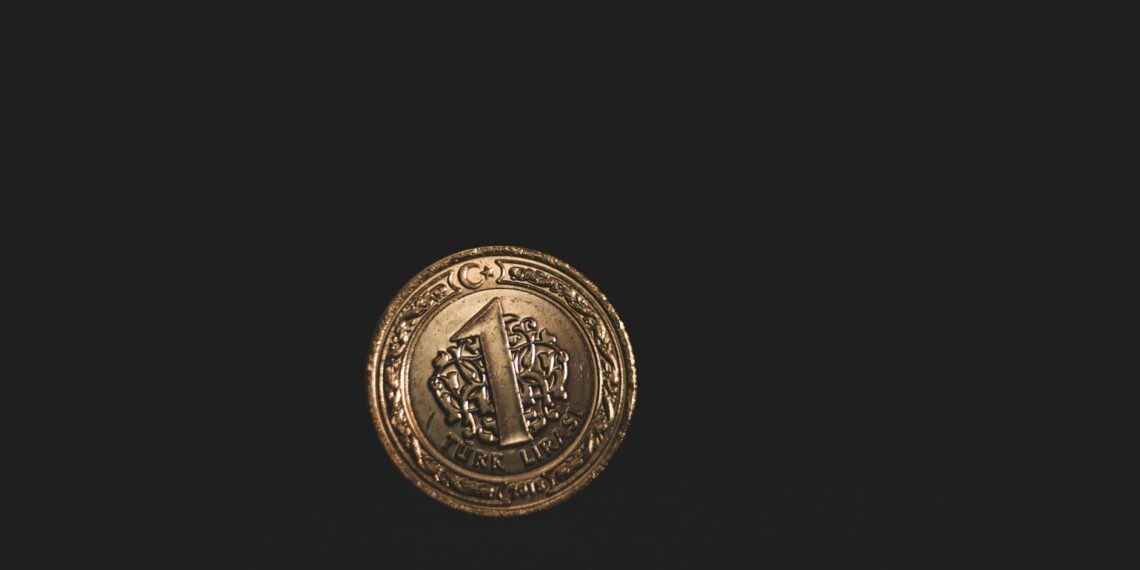The oldest known coins are widely considered to be the Lydian Lion coins , originating from the ancient Kingdom of Lydia (present-day Turkey) around 610-600 BCE. These coins were minted from electrum, a naturally occurring alloy of gold and silver, and featured a lion’s head on one side. They were considered the world’s first standardized currency and played a significant role in facilitating trade and influencing the development of coinage systems across various cultures.
While the Lydian Lion coins hold the title of the oldest known coins, it’s worth noting that other ancient cultures also developed coinage around the same period, including China, India, and ancient Greece. Some examples of these early coins include:
- Aegina Turtle: Minted around 550 BCE on the island of Aegina, Greece.
- Ying Yuan: Ancient China’s oldest gold coin, from around 500 BCE during the Warring States period.
- Karshapana: Early Indian coins minted around 600 BCE.
- Ionian Hemiobols: Circulated in ancient Ionia (modern-day Turkey) around 600-550 BCE.
These early coins, regardless of their origin, marked a significant step in human civilization by providing a standardized and portable form of currency that simplified trade and commerce.








